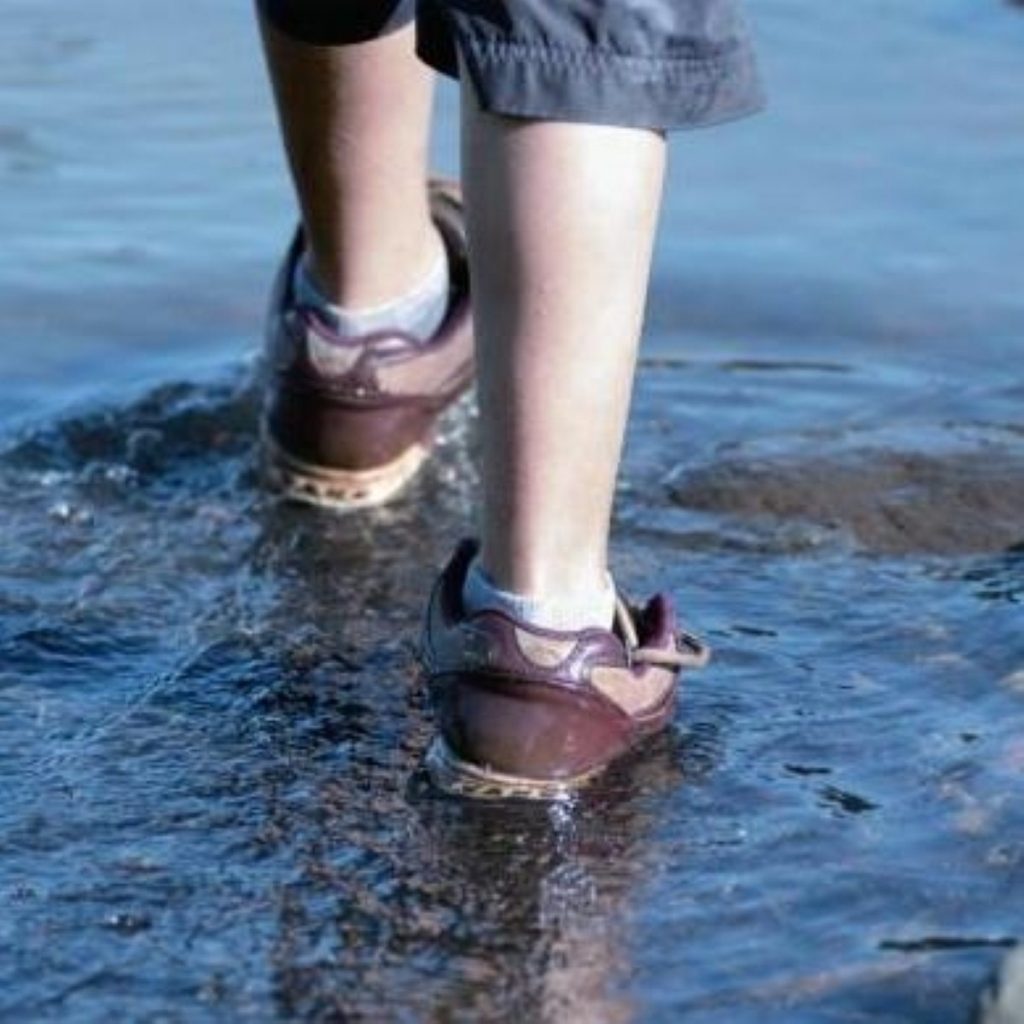Teachers told to forget red tape and embrace school trips
Schools and children secretary Ed Balls has said he wants pupils to take part in more school trips, as part of a bid to counter accusations of a “health and safety culture”.
Under the Staying Safe action plan launched by the Department for Children, Schools and Families (DCSF), teachers will be offered help and advice on how they can run trips safely, as well as the promise of less bureaucracy.
To help reduce the need for teachers to conduct their own risk assessments, the DCSF hopes popular destinations, such as museums and historic homes, will apply for a voluntary “quality badges”, which will offer some guarantee of an educational and safe environment.
Mr Balls has made a series of statements against excessive health and safety concerns, saying children should be free to run in fields and climb trees.


Speaking at the launch of Staying Safe today, Mr Balls argued against allowing “a fear of a compensation culture” to discourage school trips.
He said: “We need to help parents and teachers strike the right balance between protecting our children and allowing them the freedom to develop and enjoy childhood.”
The DCFS believes school trips can help foster deeper learning and improve pupils’ self-confidence.
Mr Balls continued: “School trips also help young people explore and learn about risk and how to manage it. I hope by making it easier for teachers to take their students outside the classroom we will help a generation of pupils develop their independence and raise their attainment.”
The Royal Society for the Prevention of Accidents (Rospa) welcomed the action plan as a “major step” towards simplifying regulation and bureaucracy.
Tom Mullarkey, Rospa chief executive, said: “The important thing is children have a safe and excellent learning experience and any impediment to that objective needs to be revisited.
“Teachers need support and guidance, not endless, unnecessary form-filling and this initiative will be widely welcomed in staff rooms throughout the country.”
The National Union of Teachers (NUT) greeted the announcement enthusiastically.
General secretary Steve Sinnott reminded Mr Balls the profession had never called for a boycott of school trips but said a “ripple of anxiety” ran throughout every time there is an accident.
Mr Sinnott said: “I look now to the plan to provide the basis for creating an entitlement for all children and young people to outdoor activities and to provide the necessary protection to teachers when organising school trips.”
But opposition MPs doubted whether the government would live up to its rhetoric.
Liberal Democrat schools and children spokesman David Laws said it was “profoundly unlikely” a government run by Gordon Brown would “retreat from nannying and meddling”.
Shadow schools secretary Michael Gove concurred the government had presided over an expansion of the compensation culture.
“Now, instead of taking firm action to free teachers and youth groups from bureaucracy and litigation we’ve just got more rules and regulations,” he said.












